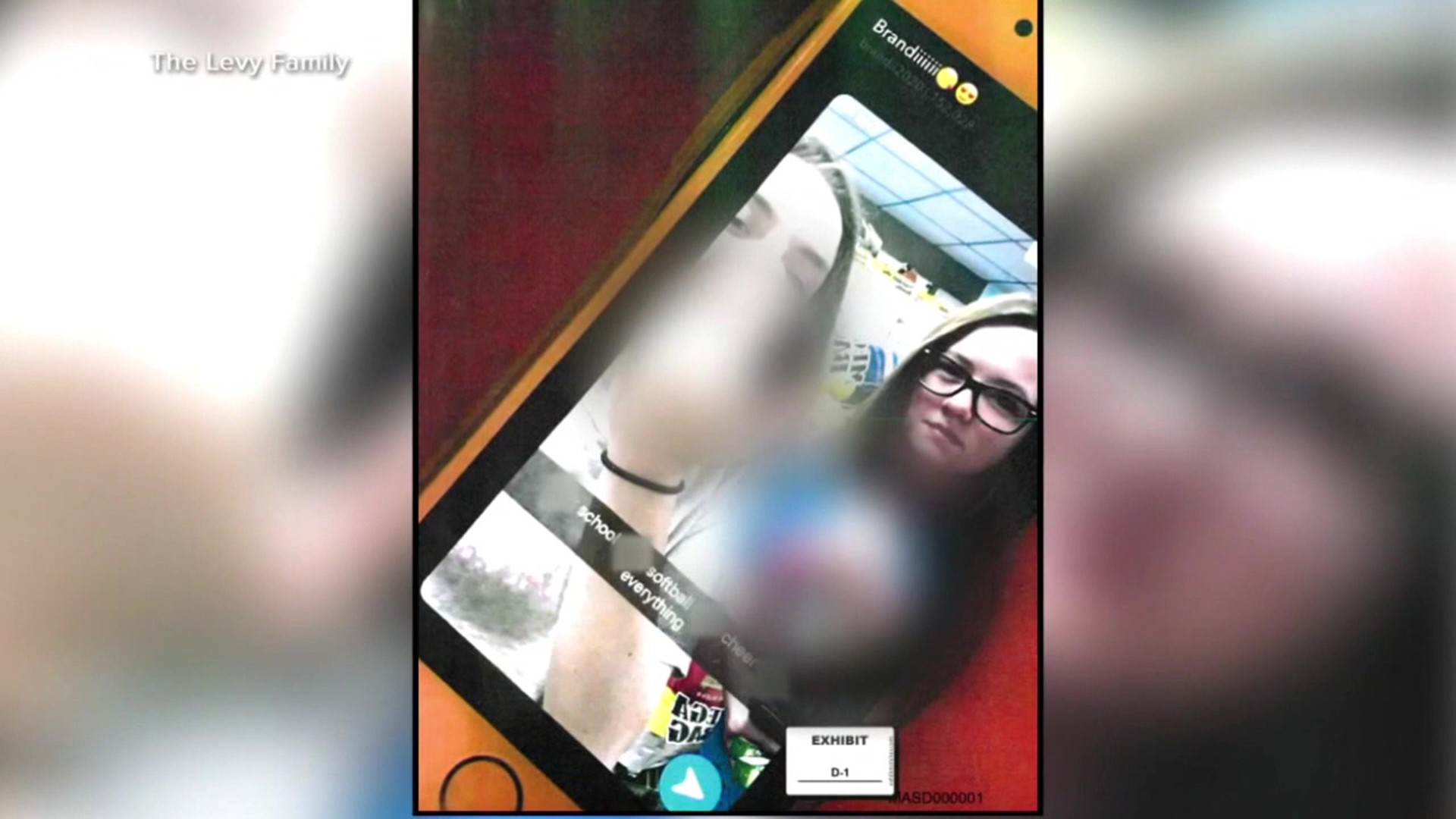MAHANOY CITY, Pa. — The case of the former Mahanoy Area High School cheerleader who was suspended from the team for an expletive-filled post on Snapchat reached the U.S. Supreme Court on Wednesday.
In 2017, then-Mahanoy Area High School cheerleader Brandi Levy was upset she had not been moved from JV to the varsity squad. She posted her personal story on Snapchat from a public gas station one weekend with her middle finger up and the caption, "F— school, f— softball, f— cheer, f—everything."
Someone saved that post and showed it to her coach, who promptly suspended Levy from the team for a year.
But was that a violation of Levy's First Amendment rights? The issue has now reached the nation's highest court.
The Supreme Court's decision in Tinker v. Des Moines said students' rights were limited on school grounds to help schools prevent conflicts, but Justice Stephen Breyer did not seem to think that criterion was met in Levy's case.
"Did that cause a material and substantial disruption? I don’t see much evidence it did. And if swearing off-campus did, I mean, my goodness, every school in the country would be doing nothing but punishing," Justice Breyer said.
Lawyers for the Mahanoy Area School district suggested posts to social media could still cause disruption in school, even if they were not posted on school property. They maintain that the district was within its rights because Levy was talking about the school.
"All of a sudden, it mattered if she took it from the school parking lot? And all of a sudden, the school could look at it and apply Tinker? But the fact she said it at the Cocoa Hut shouldn’t matter into the analysis," said Attorney Lisa Blatt.
But Levy's representation from the ACLU challenged that notion, saying the district only has authority in school supervised settings.
"In school, you can apply Tinker. Out of school, you can’t. What does that mean? It means you can’t punish out-of-school speech because listeners in school may be disrupted by the message," said David Cole, ACLU attorney representing Levy.
Justice Sonia Sotomayor questioned the intent behind Levy's post, saying these days, social media is a common way for teens to connect with friends, pointing out this post was temporary.
"How is the nature of this speech such that it intends to provoke disrespect when she put it to a page that was supposed to disappear?" asked Justice Sotomayor.
"She could do the same thing to 1,000 people and say ‘Oops, it disappeared,’" said Blatt.
Both sides agree harassment, bullying, and organized cheating outside of school should not be protected, but they differ on where to draw the line.
"You could choose to either tighten Tinker, or you can say we’re going to assume Tinker is out of control on campus, but we will leave open season on schools and complete chaos as to what their test allows," Blatt said.
"For young people, the ability to voice their emotions to friends without fear of school censorship may be the most important freedom of all," Cole said.
The Supreme Court is expected to hand down a decision by the end of June.

